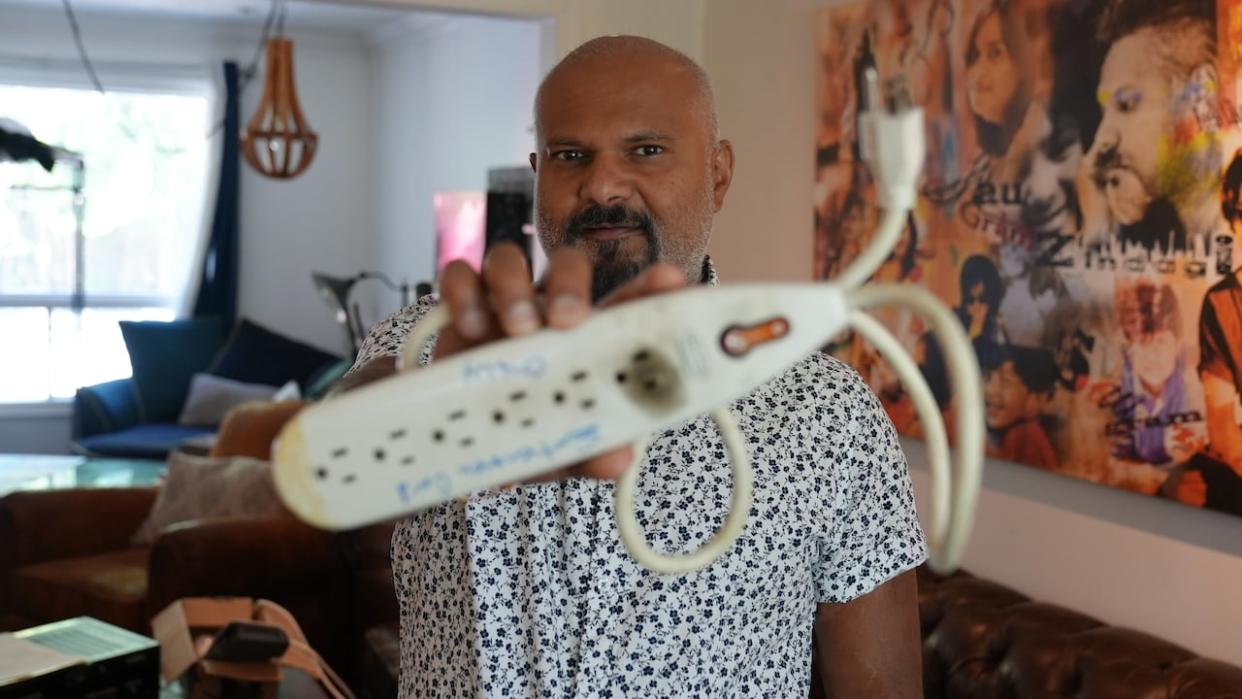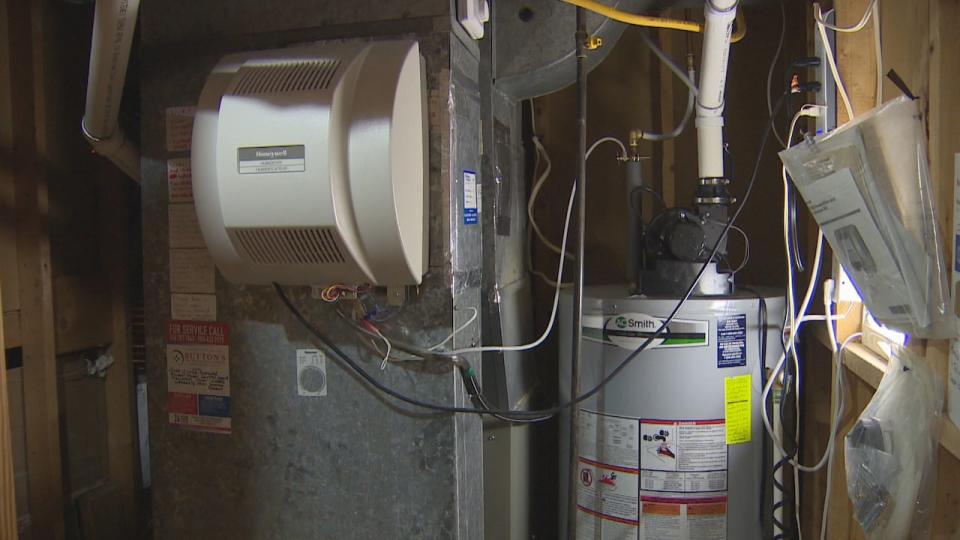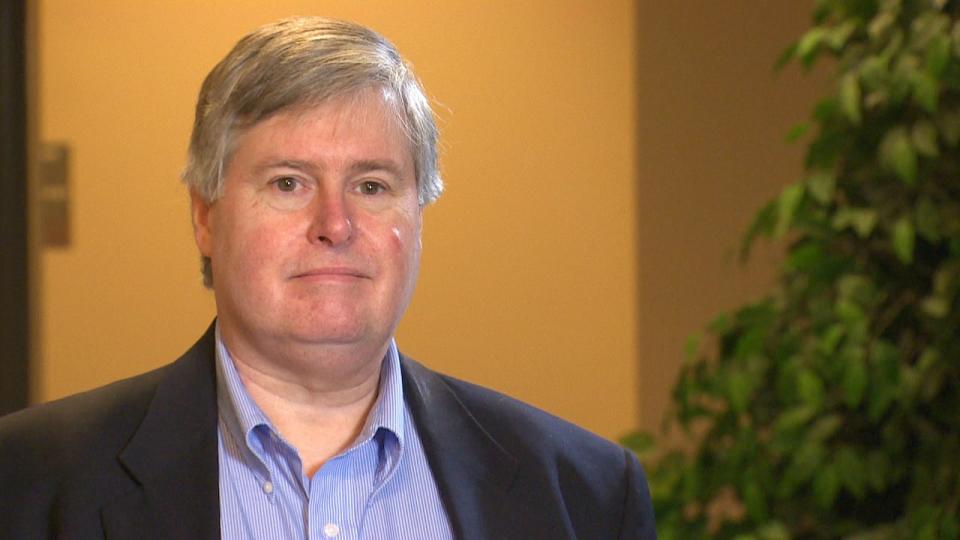Homeowner left footing the bill after Toronto Hydro cable fried his appliances — again

Vijay Patel came home this spring to find some of his appliances had been fried by an electrical overload — again.
In 2014, Toronto Hydro paid the Scarborough homeowner $3,300 for damage caused by a cable to Patel's audio equipment.
Nine years later, he says, the same utility service cable overloaded and caused more than $5,000 in damage to appliances like his furnace, water heater, gas stove top igniter and audio equipment. But this time Toronto Hydro denied his claim.
That's despite the utility admitting the overload came from an "unexpected equipment failure" and repairing the cable the day after it failed.
"It's not like I have a choice to go to get my hydro somewhere else," said Patel. "They should obviously take accountability for their equipment."
But it turns out that's not necessarily required of Toronto Hydro and other electricity distributors across Ontario. Providers are only liable to a customer for damages caused by their equipment or connection to their system when there's "willful misconduct or negligence" on their part, according to the code laid out by provincial regulator, the Ontario Energy Board (OEB).
Otherwise, customers are left footing the bill or making an insurance claim for repairs and replacements to their appliances.
Customers left to pay for 'unexpected' damage
"It's a strange policy," Patel told CBC Toronto. "What is willfully? Like [they] have to come into someone's home and blow equipment up?"
Toronto Hydro's own conditions of service also include language from the code, which was spelled out to Patel in the letter he received denying his damage claim.

Patel says he paid roughly $1,200 to fix his furnace and water heater after the Toronto Hydro cable overload broke parts of the appliances in May. (CBC)
In a statement to CBC Toronto, a Toronto Hydro spokesperson said the utility won't comment on individual claims but reiterated its policy follows the OEB code that governs the relationship between the utility and customers.
"If the involved asset has been properly inspected and maintained, was within its useful life and there was no reason for Toronto Hydro to reasonably expect the asset would fail, or if the event was caused by factors beyond the utility's control, Toronto Hydro is not liable for damage to a customer's property caused by the unexpected asset failure," said spokesperson Daniel McNeil.
CBC Toronto asked how many damage claims the utility receives per year and how many of those are approved and denied. Toronto Hydro said it receives "hundreds" of claims a year.
Patel appealed his claim decision and has been denied at two other review levels within Toronto Hydro. Right now he's waiting for a decision from the final review stage. He says if he's denied there, his only alternative is going to small claims court.
During the review process, Patel asked why Toronto Hydro paid his damages in 2014, but wouldn't this time around. He says he was told it was because Toronto Hydro initially claimed the issue wasn't their equipment's fault in 2014, but it turned out it was, so the utility paid him.
Limited liability for regulated industries
Ken Whitehurst, executive director of Consumers Council of Canada, says this approach to liability isn't unusual for regulated industries.
"Where a liability starts and finishes in broad strokes is defined in legislation," he said. "Electrical utilities are given a lot of scope to do what they feel they need to do in order to provide what is an essential service."

Ken Whitehurst, executive director, of the Consumers Council of Canada says the Ontario Energy Board's limitations on liability for electricity distributors isn't unusual for a regulated industry. (Gary Morton/CBC)
He says there's still room for interpretation — but generally means the consumer has to take their fight to court.
"This is a problem of access to justice generally," said Whitehurst. "There is a question of whether they have time, and time and money to pursue this."
At the very least, Whitehurst urges consumers to report issues like Patel's to regulators. If there are more widespread problems, he says regulators could address them with reform.
For his part, Patel is undecided on whether he'll continue fighting his claim. Either way, he says he worries about another cable overload down the line.
"It's not just like one light bulb went out or, you know, one power cord went out," he said.
"It's a pretty big chunk that went out in this house. So I think it's unfair that people should be burdened with that."


